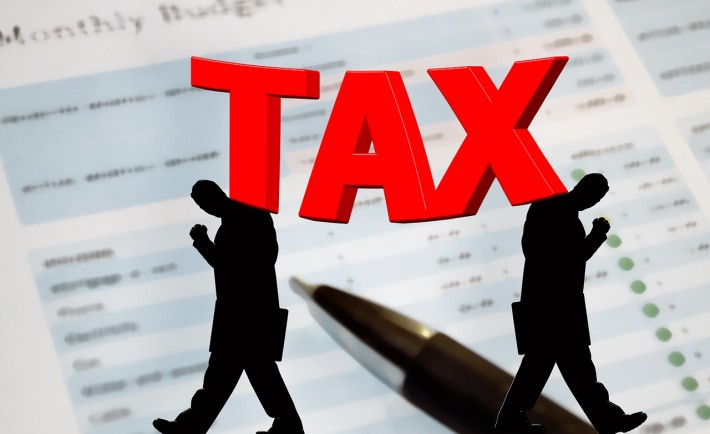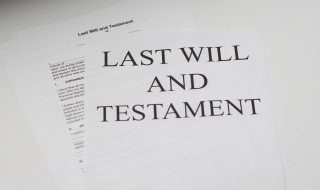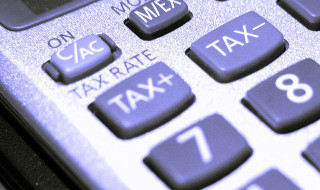
Individuals, corporations, trustees, and partnerships that are carrying on profession, trade, or business in Singapore are chargeable with tax. Fortunately for you, the country offers one of the lowest tax rates in the world.
Whether you are entering the country’s working scene as a local citizen, a fresh graduate or a foreign worker, you must familiarize yourself with the taxation regulations. Start by reading this guide…
AUTHORITY
The Inland Revenue Authority of Singapore (IRAS), formed in 1960, is the statutory board responsible for collecting personal income taxes, corporate taxes, goods & services taxes, property taxes, betting taxes, and stamp duties. In short, it integrates all the revenue collection agencies into one place in order for the processes to be managed better.
The governing laws include Income Tax Act, Goods & Services Tax Act, Stamp Duties Act, and Property Tax Act.
TYPES
For your reference, here are some of the most common types of taxes in Singapore:
- INCOME TAXES are charged based on the income of individuals and companies.
- GOODS & SERVICES TAXES (GST) are the tariff paid when you spend on merchandise, services, and imported goods.
- PROPERTY TAXES are charged to the owner/s based on the expected rental values of the said properties.
- BETTING TAXES are paid when betting on the lottery, sweepstakes, or alike.
- STAMP TAXES are imposed on legal and commercial documents.
TERMS
To avoid confusion, here are some of the most common terms related to income taxes:
- NOTICE ASSESSMENT (NOA)
– NOA shows the amount of income subjected to tax, calculates the tax amount you have to pay, and displays the credit balance that needs to be refunded to you. Simply, NOA is your tax bill. - YEAR OF ASSESSMENT (YA)
– YA refers to the annum in which the income tax is charged and calculated. It is a no brainer! - BASIS PERIOD
– Basis period refers to the previous YA that is relevant to the current YA. - PERSONAL RELIEFS
– Personal reliefs are good news as they are the deductions that help you to save tax. - ASSESSABLE INCOME
– Lastly, the assessable income refers to your total income after subtracting the approved donations and allowable expenses.
For more information about what is taxable and what is not, please visit www.iras.gov.sg.





